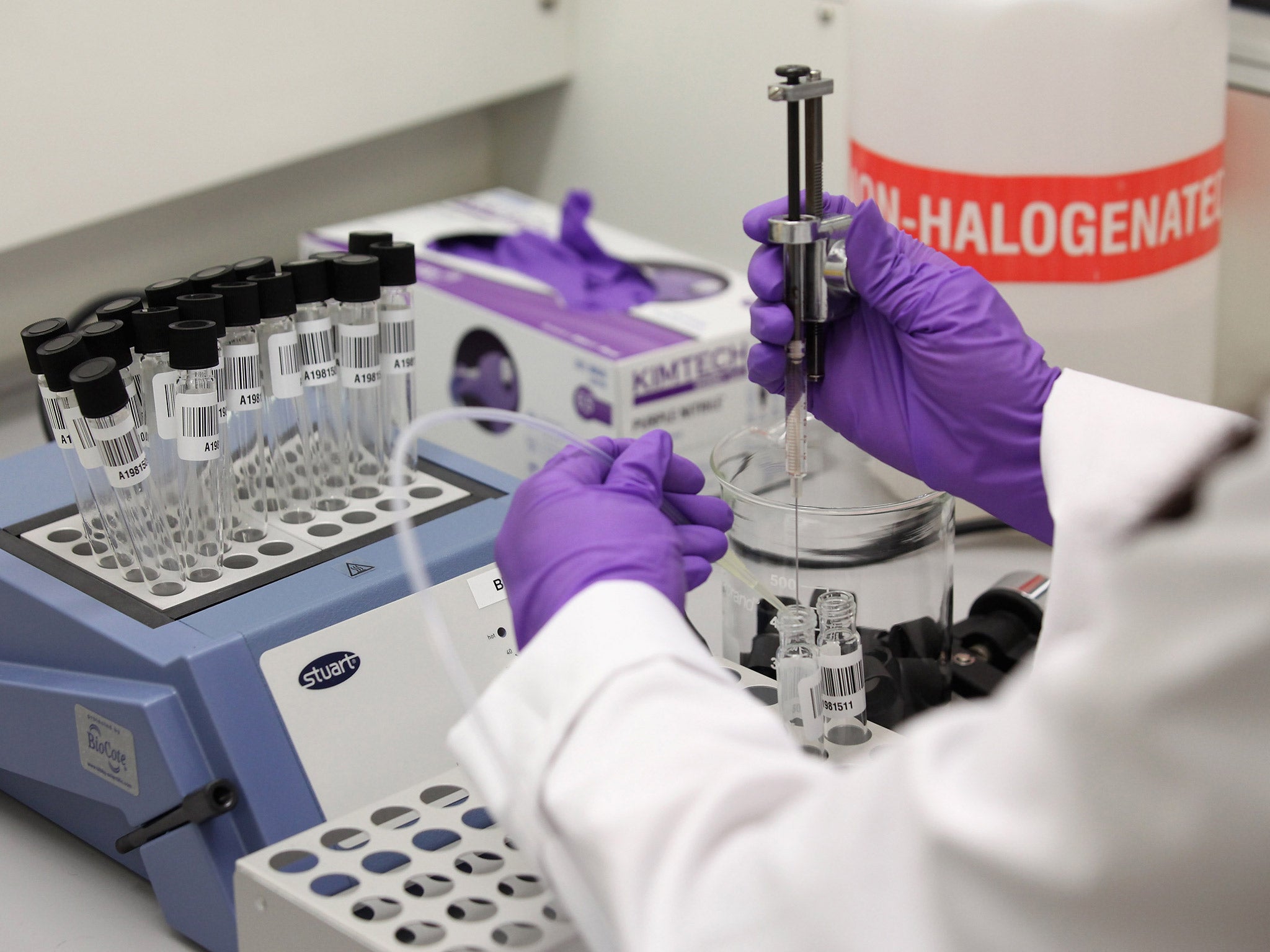Athletics faces new doping crisis after 'biggest leak of blood-test data in sporting history' leaves World Anti-Doping Agency 'very alarmed'
Leak reportedly suggests more than a third of world's fastest times in endurance events were by athletes with suspicious test results

Claims that more than a third of Olympic and world championship medals have been won by athletes with “suspicious” doping test results has left the World Anti-Doping Agency “very alarmed,” and will “once again shake the foundation of clean athletes worldwide”.
In data obtained by The Sunday Times and German broadcaster ARD/WDR, it has been claimed that 55 gold medals have been won by competitors displaying suspicious test results, while at least 800 athletes have recorded blood test results “highly suggestive of doping or at the very least abnormal,” according to one expert.
The newspaper claims the data, which contains the results of more than 12,000 blood tests by more than 5,000 athletes, is the "biggest leak of blood test data in sporting history", which it says reveals the “extraordinary extent of cheating” by athletes at the world’s top sporting events.
It also claims to show that more than a third of the world’s fastest times in endurance events were obtained by athletes whose test results had triggered suspicion.
The data itself belongs to the International Association of Athletics Federations (IAAF). It was leaked by a whistleblower and the claims have been aired in a documentary broadcasted by ARD entitled Top Secret: The Shadowy World Of Athletics.
Responding to the claims, Wada president Sir Craig Reedie said: “Wada is very disturbed by these new allegations that have been raised by ARD, which will, once again, shake the foundation of clean athletes worldwide.
“These allegations require swift and close scrutiny to determine whether there have in fact been breaches under the World Anti-Doping Code and, if so, what actions are required to be taken by Wada and/or other bodies”.
He said Wada’s Independent Commission will now investigate the claims, adding: “As always, Wada is committed to doing what’s necessary to ensure a level playing field for clean athletes of the world.”
Two leading anti-doping experts – scientist Robin Parisotto and exercise physiologist Michael Ashenden - have analysed the data for The Sunday Times.
They believe the leaked data shows more than a third of medals won in endurance events at the Olympics and world championship events were awarded to athletes who recorded suspicious tests.
The newspaper claims that none of these medals have been taken away from the athletes and alleges that seven British athletes have been found to have “suspicious” blood scores, one of whom is a leading UK competitor.
The data also showed that Mo Farah, who recently came under scrutiny following the alleged actions of his coach Alberto Salazar, showed no abnormalities in his blood test results.
It has also been alleged that 10 medals won at London 2012 Olympics were awarded to athletes with suspicious test results.
Mr Parisotto told the newspaper: “Never have I seen such an alarmingly abnormal set of blood values. So many athletes appear to have doped with impunity and it is damning that the IAAF appears to have idly sat by and let this happen.”
Mr Ashenden attacked the IAAF for failing to protect clean athletes: “For the IAAF to have harvested millions of dollars from the broadcasting of athletics events around the world […] yet only devote a relative pittance of those funds towards anti-doping, when they could see the terrible truth of what lay beneath the surface, is […] a shameful betrayal of their primary duty to police their sport and protect clean athletes.”
The IAAF has yet to respond to a request for comment from The Independent. The organisation told The Sunday Times that the newspaper is in “unlawful possession” of the IAAF’s entire blood-testing database of over 12,000 samples covering the years 2001-2012, “or at least a very substantial part of it”.
An IAAF spokesperson last week said the body has “always been at the forefront in combating doping – researching and implementing new analytical techniques and methodology”.
Additional reporting by Press Association
Join our commenting forum
Join thought-provoking conversations, follow other Independent readers and see their replies
Comments